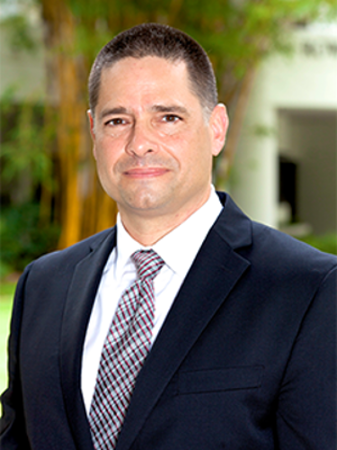Many Have Already Answered This Call
From Fall 2019 to Fall 2020, our Master of Public Health (M.P.H.) and Master of Science in Public Health (M.S.P.H.) graduate programs saw a remarkable 85 percent enrollment increase. In the Spring 2021 semester, we enrolled one of our largest cohorts with 17 graduate students.
In addition to our research, graduate, and teaching assistantship opportunities for students in all programs, we announced a new full-tuition scholarship for incoming full-time M.P.H. and M.S.P.H. graduate students known as the Resiliency Scholarship, as well as guaranteed partial scholarships to accepted students in the Master of Science in Biostatistics and the Master of Science in Prevention Science and Community Health programs. All doctoral students in Epidemiology, Biostatistics, Prevention Science, and Community Health also continued to be fully supported.
The future is bright for these students and for public health. To learn more about our graduate programs, including the new Master of Science in Climate and Health program and the established Master of Science in Prevention Science and Community Health, please visit our public health and graduate studies websites.
Our Faculty Members Are Leaders in Public Health
Our world-class faculty, research staff, students, administrative staff and alumni are conducting leading work on COVID-19, climate change, global health, racism and health, the HIV and substance use disorders, biomedical HIV prevention, chronic and communicable diseases, aging, and underserved populations, and mental health, to name a few. Since the WHO pandemic declaration, we have persevered with resiliency and adaptability―together as a community—to provide exceptional solutions to public health challenges, from publishing ground-breaking studies to beginning new bio-behavioral projects funded by the NIH and various other funding agencies. Our scientific work has made a local, national, and global impact. I am grateful to witness and be a part of this incredible group of public health leaders. Finally, I cannot say enough about the remarkable resiliency of our students who have become effective learners in the middle of a pandemic and have partnered with our faculty to deliver pioneering programs that have improved public health outcomes in South Florida and beyond. To learn more about their achievements, I invite you to read our news and research sections on our website.
Research Milestones
The department's five divisions and drug research center, including the Division of Biostatistics, Division of Epidemiology and Population Health Sciences, Division of Environment and Public Health, Division of Prevention Science and Community Health, Division of Health Services Research and Policy, as well as the Comprehensive Drug Research Center, continues to celebrate milestone achievements, even during the pandemic. According to the Blue Ridge Institute for Medical Research in February 2021, the Department of Public Health Sciences ranked as the No. 4 most NIH-funded department out of 28 in the Miller School of Medicine. Lastly, the University of Miami’s Office of Research Administration announced that our department was No. 6 out of the top 10 highest-funded departments within the University.
Become a Member of the Next Generation of Public Health Leaders
Since joining the Department of Public Health Sciences faculty in 1990, I have witnessed remarkable growth in the number and quality of our graduate training programs and innovative research portfolio. I invite you to learn more about our local, national, and global research impact that we have made throughout the years. I also personally invite you to join our group of faculty and student leaders so you can become a member of the next generation of public health leaders—all of us in the Department of Public Health Sciences look forward to working with you.
Sincerely,

David J. Lee, Ph.D.
Chair and Professor, Department of Public Health Sciences
Chair of Graduate Programs, University of Miami Miller School of Medicine
305-243-6980
dlee@med.miami.edu



 The World Health Organization (WHO) declared the SARS-CoV-2 outbreak a global pandemic on March 11, 2020, heralding a period of unprecedented change and challenge across the globe that continues to this day. Since then, there have been truly remarkable advances including the development, production, and distribution of highly effective vaccines aimed at ending the pandemic. The pandemic has
The World Health Organization (WHO) declared the SARS-CoV-2 outbreak a global pandemic on March 11, 2020, heralding a period of unprecedented change and challenge across the globe that continues to this day. Since then, there have been truly remarkable advances including the development, production, and distribution of highly effective vaccines aimed at ending the pandemic. The pandemic has 

